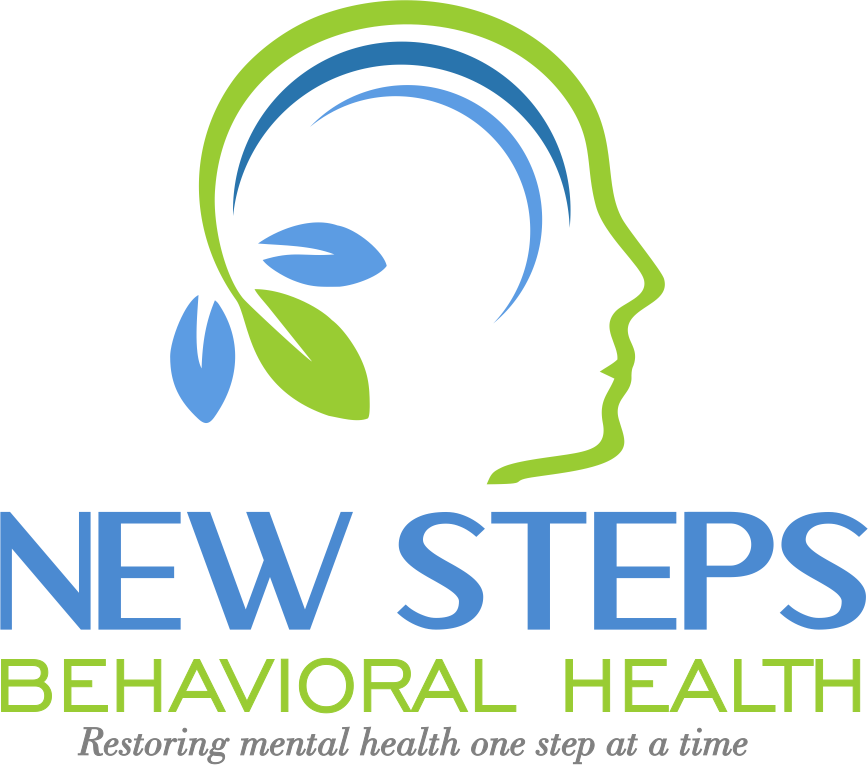Are You In A Toxic Relationship? Here’s How You Know.
“A good relationship test is how a person responds to the word 'No'. Love respects 'No'. Control does not.” - Dr. Henry Cloud
It’s easy to normalize being treated as less than valuable by people in our lives. In my profession, we call this normalized dysfunction. It simply means that we allow unhealthy behavior patterns to happen more commonly than we should; whether it be the way we treat others or the treatment we accept from others. It’s unhealthy to get trapped in the web of toxic relationships with liars, manipulators, controllers, abusers or those who’ve mastered the silent treatment to control others, but oftentimes we’re in too deep before we notice toxic patterns in a relationship. These key indicators can help you determine whether or not you’re in a toxic relationship.
You’re not consistently treated with the highest level of dignity, respect, love or admiration
Your partner believes that you “belong” to them
Someone uses hurtful words toward you, puts you down and regularly talks down on you
You’re constantly being ignored when your partner is angry or other negative emotions are present; i.e. silent treatment
You’re constantly being told to sleep on the couch
You’re constantly being told what’s not important
You’re being told what your role is in a relationship
You believe you’re not treated fairly when it comes to tasks or equity in the partnership
You’re constantly being criticized
You regularly get yelled, screamed at, spat on and called bad names
you're violated physically, sexually or emotionally on a regular basis
You're more than likely in a relationship with someone that is not based on value and respect if any of the previous statements are true. If your values, time, opinions, thoughts or feelings are not being respected, it’s time to make a change. Don’t be silent about your feelings; address issues head-on in a respectful manner or in a safe place like a therapist’s or counselor’s office.
New Steps Behavioral Health offers couples counseling to help mediate tough conversations and help you resolve conflicts, improve communication and make thoughtful decisions about rebuilding and strengthening your relationship.
